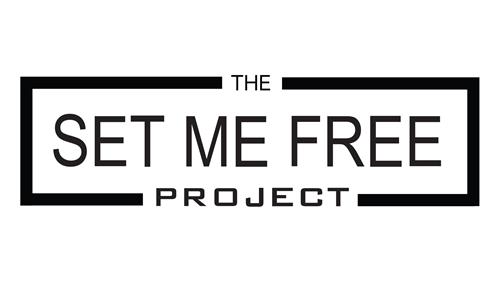Nizar Mamdani worked with the in Rotary Club in Gwalior India and $72,047 was approved to support a watershed development in the Gwalior Region of Madhya Pradesh, India and to provide water conversation, hygiene education, effective agricultural practices and operation and maintenance trainings to participating villages.
Farmer Suicides, urban migration, crime in cities are some of the burning issues in drought prone regions of Central India. The major reason behind all these issues is agrarian distress caused due to improper watershed management. The problem increases manifold in years of insufficient rainfall.
Starting from Rotary Year 2015-16, Rotary Club of Nagpur and Rotary Club of Bombay Seacoast have successfully tackled this problem through various watershed development projects in Vidarbha Region of Maharashtra. These projects were executed through their Partners in Service - Dilasa Sanstha and Caring Friends Nagpur
Based on their success, Rotary Club of Gwalior has decided to take up a Watershed Project in Gwalior. A Watershed Map was created. A local organization (Parhit Samaj Seva Sanstha, Parhit in short) has been identified and members of Parihit have undergone a 5 day training at Dilasa Sanstha and fields where watershed projects were being executed by Dilasa Sanstha.
The project involves desilting of the stream of 3.1Km length and transfer of excavated soil for use in the farms. The direct beneficiaries of this project will be approx 9589 villagers of Kuleth, Nayakpura, Bilpura, Milawali and Jigsoli villages and approx. 10,000 cattlehead.
The objectives of the project, which will be executed with Parhit, are creation of low cost and eco friendly water harvesting structure leading to creation of additional water storage of approx. 57,600 Cubic Meters, which will serve drinking needs of villagers and cattle and also serve irrigation needs. The water percolation is expected to be between 250,000 to 400,000 cubic meters, which will provide water to irrigate about 450 Hectares of land.
With the percolation of water, there will be a substantial increase in water table and water will be available to farmers for 9-10 months of a year. This will enable farmers to go for 2/3 crops per year, will increase the farm output leading to overall economic development of the currently distressed farming community.
Total Length of streams being treated: 3.1 Km
Total excavation from streams: 57,600 Cu. Mtr








